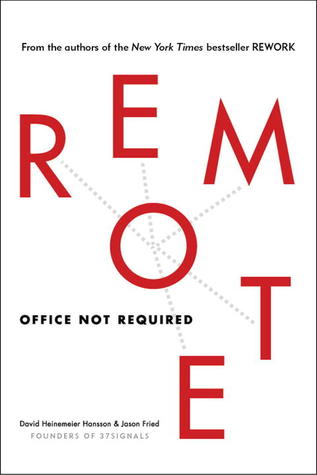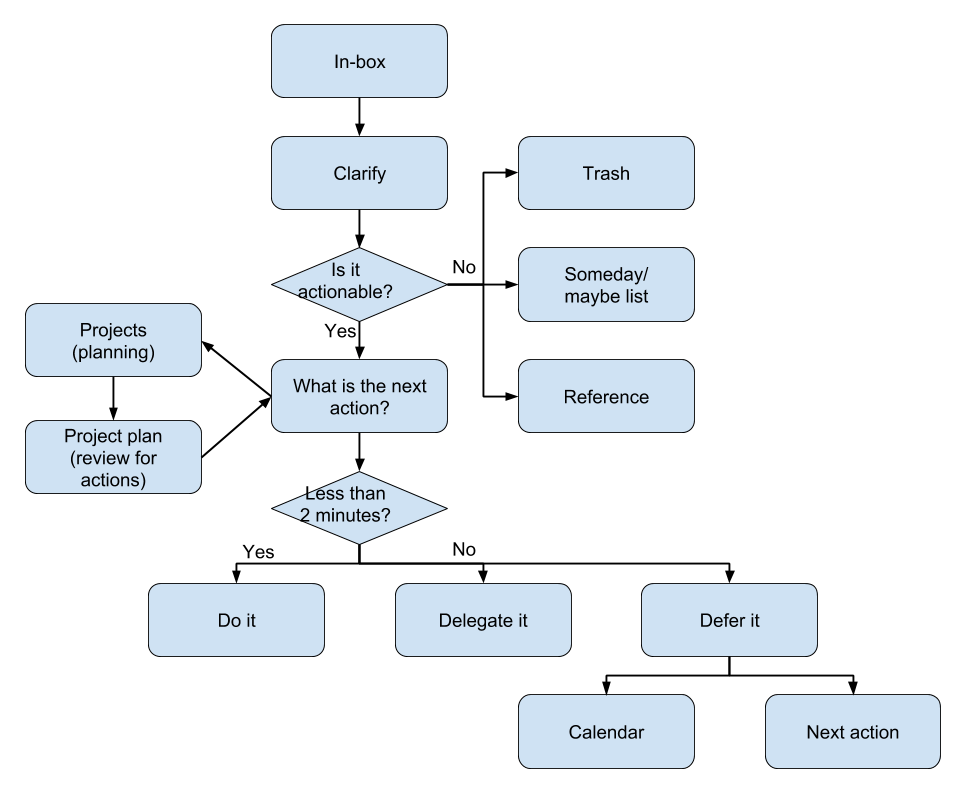 Tribal Leadership: Leveraging Natural Groups to Build a Thriving Organization by Dave Logan, John King, Halee Fischer-Wright
Tribal Leadership: Leveraging Natural Groups to Build a Thriving Organization by Dave Logan, John King, Halee Fischer-Wright
My rating: 5 of 5 stars
This book looks at tribes and how there are different levels of them which can be identified by the language which they use. The higher the stage the better the performance. A tribe can be at multiple stages at the same time. It comes down to language and behavior in the tribe. The stages have to be progressed in order – there is no way to short cut or jump stages.
| Stage | Mood | Theme |
| 5 | Innocent wonderment | “Life is great” |
| 4 | Tribal Pride | “We’re great (and your not)” |
| 3 | Lone Worrier | “I’m great (and your not)” |
| 2 | Apathetic Victim | “My life sucks” |
| 1 | Despairing hostility | “Life sucks” |
Stage 1 – Life sucks
Summary
- A person feels alienated
- A group of such people express desperate hostility
Progressing from stage 1
- Spending time with people who are in a later stage
- Encourage the person to realise how life itself works
- Encourage the cutting of ties with other people in stage 1
Success looks like
- He will move from life sucks to more personal my life sucks with more specifics on why life sucks not a generalisation
- Will exhibit passive apathy – this is positive but appears as a step backwards to the uninformed
- Cuts ties with others at stage 1
Stage 2 – My life sucks
Summary
- Others lives seem to be working but mine does not
- In a group they feel like apathetic victims
Progressing from stage 2
- Encourage the making of friends (dyadic relationships)
- Highlight the positive impact the person is having and the areas that they have potential to develop in a positive way.
- Assign projects which such a person can do well in a short time. Excessive nagging or follow-up will reinforce stage 2 so should be avoided.
Success looks like
- Will start showing off success using I’m great language.
- Many sentences will start with “I”
- Will exhibit a lone warrior spirit “What’s wrong with them?” “If they tried they’d succeed”
Stage 3 – I’m great (and you’re not)
Summary
- Connection are dyadic (two-person) relationships
- The language is “I’m great” and in the background “and your not”
- Competition to outperform each other and put each other down – often under the veil of humor.
Progressing from stage 3
- Encourage people to work on projects that are bigger than anything that can be done alone requiring partnership.
- Highlight that success has come through his own efforts but that going forward is going to require a totally different style – aka what brought you here is not enough to move you forward.
- Highlight people already operating at Stage Four.
- When the person complains that he doesn’t have time and that others aren’t as good (the two chief gribes at Stage 3), show that he has crafted his work life so that no one can really contribute to him.
- Tell stories about how you transitioned to Stage Four.
- Coach that power does not come from knowledge but from networking and there is more leverage in wisdom than in information. Compliment his success and emphasises that you’re on their side. Also help them notice that the goal requires getting more done than is possible alone, no matter how smart and talented they are.
- Encourage the use of transparency and over communication.
- Encourage the formation of triads
Success looks like
- Start to use “we” not “I”. Will point to the team, not themselves.
- Will actively form triads, and expand their network
- Will work less and get more done
- Complaints about “not enough time” and “no one is as good” will cease.
- Results for the area accountable will increase by at least 30%
- Will communicate with transparency
- Will communicate more information and more often
Leadership Epiphany
- When people realise they have not achieved what they thought, the victories were only personal not tribal.
- An attempt to achieve tribal victories using Stage Three approaches which does not work
- Eventually there is a realisation that Stage Three is self defeating and that tribal successes are enduring and satisfying for everyone.
- At Stage Three power is felt as a zero-sum game, where as at Stage Four power is abundant: the more you give to others, the more you get back.
- The only real goal is the betterment of the tribe. Ironically by doing this they achieve what they wanted from Stage Three: esteem, respect, loyalty, legacy and enduring success.
Core Values and Noble Cause
- Core values are “principles without which life wouldn’t be worth living”
- There are two ways to seek core values. The first is for a Tribal Leader to tell a vision-laden story, which triggers others to tell similar stories about their values
- The second way is to ask questions such as “What are you proud of?” and ask three to five open-ended questions
- The Tribal Leader’s goal is to find shared values that unite the tribe.
- A noble cause is what the tribe is “shooting for”. There are two ways to find a tribe’s noble cause. The first is to keep asking, “in service of what?”
- The second ways is to ask the Big Four Questions of people in the tribe. They are
- What’s working well?
- What’s not working?
- What can we do to make the things that aren’t working, work?
- Is there anything else?
- The goal of determining values and a noble cause isn’t agreement, it is alignment which produces coordination action married with passionate resolve.
- Everything not consistent with the core values and noble cause needs to be reworked or pruned.
- “What activities will express our values and reach towards our noble cause?”
Stage 4 – We’re great (and you’re not)
Summary
- Everything flows from the teams values and noble cause
- “What do we want?” – an outcome not a goal
- A goal implies we are failing and need to achieve something to survive
- An outcome is building on the existing success
- “What do we have?” – a set of behaviours of who would do what
- Sometimes it needs an external pair of eyes to highlight what you already have
- “Do we have enough assets for the outcome?” If not what is an interim outcome?
- “Will the behaviour produce the outcomes?”, if not what do you need
Progressing from stage 4
- Stabalise at Stage Four by ensuring relationships based on values and mutual self-interest of current projects
- Encourage the formation of triads
- Explore the teams core values, nobel course, outcomes that would inspire the team, its assets, and then its behaviours. Encourage working with more people.
- Once stably at Stage Four encourage the team to take advantage of market conditions and make history
- Recruit others to the tribe who share the values of the group’s strategy.
- When the team hits difficulties, point people to others for solutions. Encourage them not to solve problems – that promotes “I’m great (and you’re not)”.
- Review what is working well, what is not and what cand the team do to make things that are not working well work.
Success looks like
- “life is great” language rather than “we’re great (and your not)”
- Will seek out ever more challenging projects
- Will have a diverse network.
- Will spend time based on the tribes core values and noble cause.
- Will appear to be an embodiment of the tribe’s strategy and values.
Stage 5 – Life is great
Summary
- Life is great
- Larger reach than a single tribe or company
- No competition
 The New One Minute Manager
The New One Minute Manager Remote: Office Not Required
Remote: Office Not Required Up the Organization: How to Stop the Corporation from Stifling People and Strangling Profits
Up the Organization: How to Stop the Corporation from Stifling People and Strangling Profits Getting Things Done: The Art of Stress-Free Productivity
Getting Things Done: The Art of Stress-Free Productivity